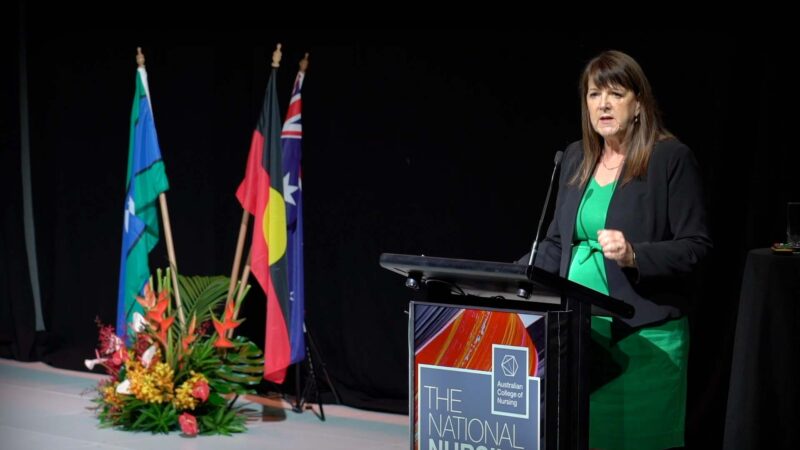Bowel Cancer Australia recently announced a team led by Professor Michael Samuel as the successful applicant for a three-year $600k early-onset bowel cancer research project through the 2023 round of Cancer Australia’s Priority-driven Collaborative Cancer Research Scheme (PdCCRS).
According to Bowel Cancer Australia, bowel cancer in the under fifties is trending upward, with 1-in-9 new bowel cancer cases now occurring in people under age 50, and presentation with metastatic disease more frequent in this demographic. Rates in the over fifties have stabilised or are declining.
Rho-associated kinase or ROCK, is an enzyme (protein) found in everyone, and it controls the shape and movement of cells within the body.
The way in which cancer cells communicate with normal cells in their environment via ROCK has been discovered to drive disease progression (invasion, metastasis, and recurrence). This understanding has revealed that blocking cancers from hijacking normal cells in this way could be a new way to target the disease.
Professor Samuel of the Centre for Cancer Biology (an alliance between the University of South Australia and SA Pathology) and the Basil Hetzel Institute for Translational Health Research will investigate ROCK-induced early-onset bowel cancer progression.
“People diagnosed with early-onset bowel cancer have a 50% chance that their cancer will recur or spread to other organs following initial intervention (e.g. surgery to remove the primary cancer), compared to around 30% in people diagnosed with late-onset bowel cancer,” says Professor Samuel.
“We have evidence that ROCK activity in bowel cancers drives this process by influencing how cancers communicate with their environment. Our project will investigate how this happens. We will also study whether certain effects of ROCK activation in early-onset bowel cancers can help us predict whose cancers will recur and whose will not,” he continues.
“In a practical sense, this could help us use targeted therapies that block cancer cells from communicating with their environment, in people who are most likely to experience recurrence of their cancer. It could also help us minimise the use of debilitating chemotherapies,” he adds.
The research team, which includes clinicians from the Central Adelaide Local Health Network, will also be examining whether proteins that interact with ROCK cause early-onset bowel cancer progression, and if they do, targeting these proteins would be a way of stopping ROCK from accelerating tumour growth.
Source: Bowel Cancer Australia
You Might also like
-
Still seeking outcomes after 6th Stoma Appliance Scheme Schedule Review
50,000 Australians have undergone the trauma and challenge of having a stoma inserted. Whilst the Australian Government invests in the appliances and products they need through the Stoma Appliance Scheme (SAS), this list is dated and doesn’t include as many of the products available in other countries. A new report commissioned by the Stoma Industry Association (SIA) shows Australia lagging countries such as the United Kingdom, Canada and Spain in supporting ostomates (people with a stoma).
-
Role of the Chief Nursing Officer
Professor Alison McMillan PSM spoke with Australian Health Journal about the role of Chief Nursing and Midwifery Officer at the Australian Government Department of Health and Aged Care.
Alison was appointed as our Chief Nursing and Midwifery Officer in November 2019.
In June 2021 Alison was awarded a Public Service Medal for outstanding public service to driving the Government’s national health response priorities during the COVID-19 pandemic, particularly to infection prevention measures.
-
Lower back pain presentations in Emergency Department
Around 70 percent of people will experience lower back pain at some stage of their lives.
A recent study conducted over five years found one in three people suffering from lower back pain presented to hospital via an ambulance.In many cases people will attend an emergency department when they feel they can’t manage their pain or when treatments by community healthcare services have been ineffective or inaccessible due to location or cost. However, 90 per cent of people can get better on their own in a few weeks.



